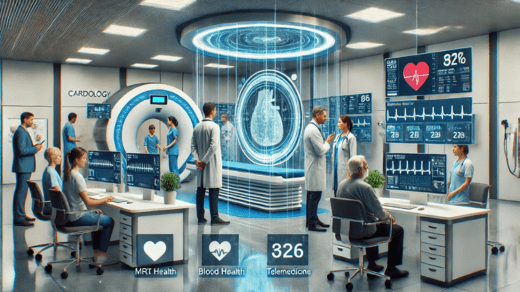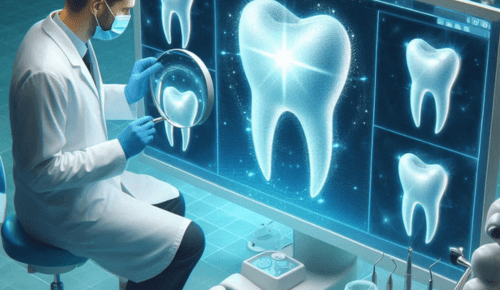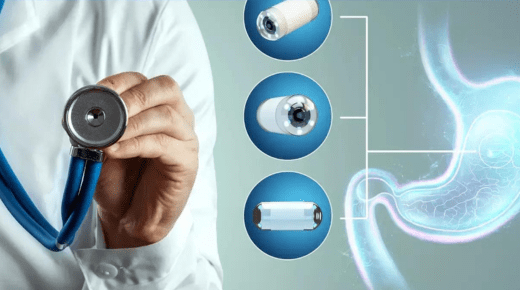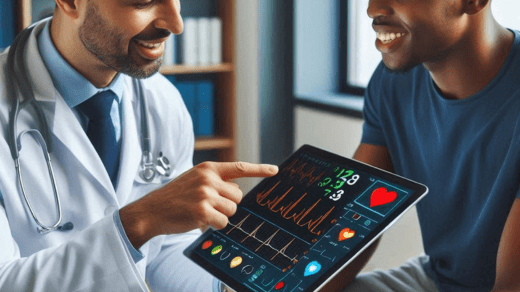Diabetes significantly increases the risk of cardiovascular diseases, including heart attack, stroke, and heart failure. For diabetic patients, managing cardiovascular health is a critical aspect of comprehensive care. Advances in cardiology have led to the development of cutting-edge services that specifically address the unique needs of diabetic patients, helping to mitigate risks and improve outcomes. This article explores the latest innovations in cardiology services for diabetic patients, detailing their components, benefits, and real-world applications.
Understanding the Cardiovascular Risks in Diabetic Patients
Diabetes contributes to cardiovascular disease through several mechanisms, including:
- Hyperglycemia: Chronic high blood sugar levels damage blood vessels and accelerate atherosclerosis.
- Insulin Resistance: Associated with inflammation and endothelial dysfunction, contributing to cardiovascular complications.
- Dyslipidemia: Diabetic patients often have abnormal lipid profiles, increasing the risk of plaque formation and cardiovascular events.
- Hypertension: High blood pressure is common in diabetic patients, exacerbating cardiovascular risk.
Given these factors, comprehensive cardiovascular care is essential for diabetic patients.
Components of Cutting-Edge Cardiology Services
1. Advanced Diagnostic Tools
Early and accurate diagnosis of cardiovascular issues is crucial. Cutting-edge cardiology services use advanced diagnostic tools, such as:
- Coronary Calcium Scoring: A non-invasive CT scan that detects calcium deposits in the coronary arteries, indicating atherosclerosis and risk of heart disease.
- Cardiac MRI: Provides detailed images of the heart’s structure and function, helping to diagnose conditions like cardiomyopathy and ischemic heart disease.
- Echocardiography: An ultrasound of the heart that assesses heart function, valve issues, and blood flow.
- Advanced Lipid Testing: Identifies specific lipid abnormalities that contribute to cardiovascular risk in diabetic patients.
2. Personalized Risk Assessment
Personalized risk assessment involves evaluating individual risk factors to develop tailored prevention and treatment plans. Components include:
- Genetic Testing: Identifies genetic predispositions to cardiovascular disease.
- Biomarker Analysis: Measures specific biomarkers, such as high-sensitivity C-reactive protein (hs-CRP) and NT-proBNP, to assess cardiovascular risk and inflammation.
- Lifestyle and Medical History Review: Considers factors such as smoking, physical activity, diet, and family history.
3. Integrated Care Teams
A multidisciplinary approach is crucial for managing the cardiovascular health of diabetic patients. Integrated care teams typically include:
- Cardiologists: Specialists in heart health who provide advanced diagnostic and treatment services.
- Endocrinologists: Manage diabetes and its impact on cardiovascular health.
- Dietitians and Nutritionists: Offer dietary guidance to manage blood sugar levels and support heart health.
- Exercise Physiologists: Develop exercise programs tailored to improve cardiovascular and metabolic health.
- Nurses and Nurse Practitioners: Provide ongoing monitoring, education, and support.
4. Innovative Treatment Options
Cutting-edge cardiology services offer advanced treatment options to manage cardiovascular risk and disease in diabetic patients. These include:
- Medications: New classes of drugs, such as SGLT2 inhibitors and GLP-1 receptor agonists, that have been shown to reduce cardiovascular risk in diabetic patients.
- Minimally Invasive Procedures: Techniques such as angioplasty and stenting to open blocked arteries and improve blood flow.
- Cardiac Rehabilitation: Structured programs that include exercise, education, and counseling to improve cardiovascular health post-cardiac event or procedure.
5. Technology-Enhanced Monitoring and Management
Technology plays a vital role in the continuous monitoring and management of cardiovascular health in diabetic patients. Innovations include:
- Remote Monitoring Devices: Wearable devices that track vital signs, physical activity, and heart function, providing real-time data to healthcare providers.
- Telehealth Services: Virtual consultations and remote monitoring to ensure continuous care and support.
- Mobile Health Apps: Tools that help patients track their blood sugar levels, medication adherence, and lifestyle choices.
Benefits of Cutting-Edge Cardiology Services for Diabetic Patients
1. Early Detection and Prevention
Advanced diagnostic tools and personalized risk assessments enable the early detection of cardiovascular issues, allowing for timely intervention and prevention strategies.
2. Improved Management of Cardiovascular Risk Factors
Integrated care teams and innovative treatments help manage and mitigate cardiovascular risk factors more effectively, improving overall health outcomes for diabetic patients.
3. Enhanced Patient Engagement and Adherence
Technology-enhanced monitoring and management tools empower patients to take an active role in their health, leading to better adherence to treatment plans and lifestyle modifications.
4. Reduced Complications and Hospitalizations
Comprehensive and continuous care reduces the incidence of cardiovascular complications and hospitalizations, improving the quality of life for diabetic patients.
Real-World Applications of Cutting-Edge Cardiology Services
Case Study 1: Advanced Diagnostic and Personalized Care
Background: Tom, a 58-year-old man with type 2 diabetes, experienced occasional chest pain and shortness of breath.
Cardiology Services:
- Advanced Diagnostics: Tom underwent coronary calcium scoring and cardiac MRI, which revealed early signs of coronary artery disease.
- Personalized Risk Assessment: Genetic testing and biomarker analysis were conducted to assess his cardiovascular risk.
- Integrated Care: A multidisciplinary team, including a cardiologist, endocrinologist, and dietitian, developed a comprehensive care plan.
Outcome: With a combination of lifestyle changes, medications, and regular monitoring, Tom’s cardiovascular health improved, and he experienced fewer symptoms.
Case Study 2: Innovative Treatment and Rehabilitation
Background: Maria, a 65-year-old woman with type 2 diabetes and hypertension, had a heart attack.
Cardiology Services:
- Emergency Intervention: Maria underwent angioplasty and stenting to open her blocked artery.
- Cardiac Rehabilitation: She participated in a cardiac rehabilitation program that included exercise, dietary counseling, and stress management.
- Technology-Enhanced Monitoring: Maria used a wearable device to track her heart rate and activity levels, and she had regular telehealth consultations with her healthcare team.
Outcome: Maria’s recovery was smooth, and her cardiovascular health improved significantly. She maintained better control over her diabetes and hypertension.
Future Directions in Cardiology Services for Diabetic Patients
1. Integration of Artificial Intelligence
Artificial intelligence (AI) will enhance cardiovascular care by:
- Predictive Analytics: Using AI to predict cardiovascular events and optimize treatment plans.
- Personalized Medicine: Tailoring therapies based on individual data and AI-driven insights.
2. Expanded Use of Genomic Medicine
Genomic medicine will further personalize cardiovascular care by:
- Identifying Genetic Risks: Conducting genetic tests to identify predispositions to cardiovascular disease.
- Targeted Treatments: Developing treatments based on the patient’s genetic profile.
3. Advances in Telemedicine
Telemedicine will continue to expand, providing:
- Greater Accessibility: Ensuring more patients have access to specialist care regardless of their location.
- Continuous Monitoring: Enhancing the ability to monitor patients remotely and intervene when necessary.
Conclusion
Cutting-edge cardiology services are transforming the management of cardiovascular health in diabetic patients. By integrating advanced diagnostics, personalized risk assessments, innovative treatments, and technology-enhanced monitoring, these services offer comprehensive and effective care. The benefits of early detection, improved risk management, enhanced patient engagement, and reduced complications underscore the importance of a multidisciplinary approach to cardiology care for diabetic patients. As technology and research continue to evolve, the future of cardiovascular care looks promising, with even greater potential for improving outcomes and quality of life for those living with diabetes.





